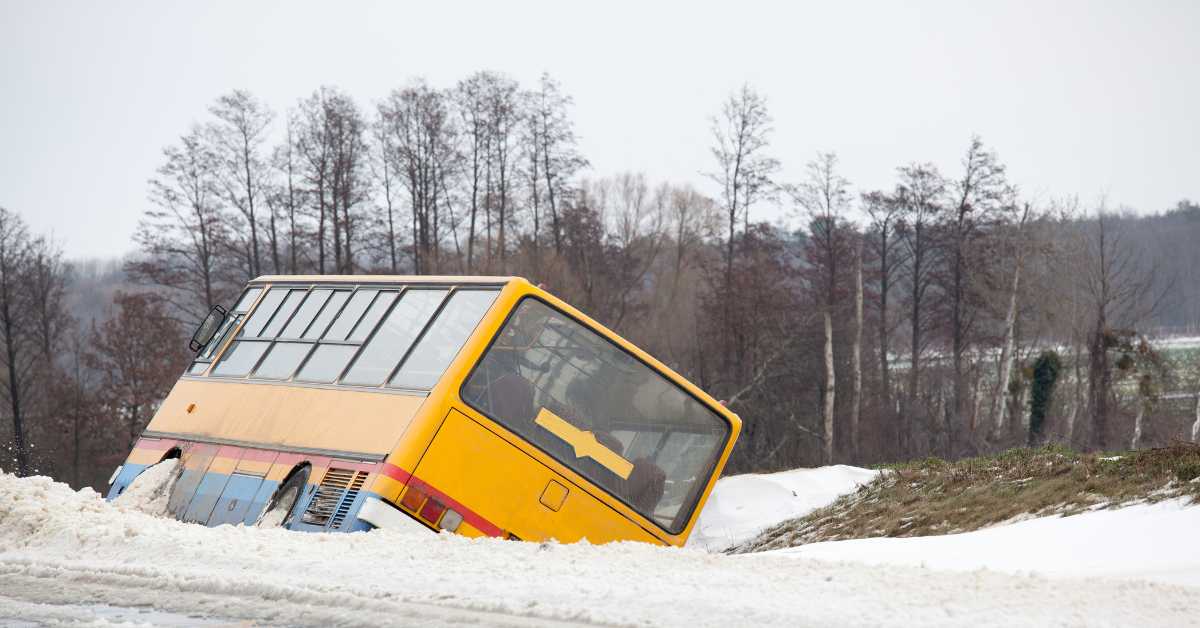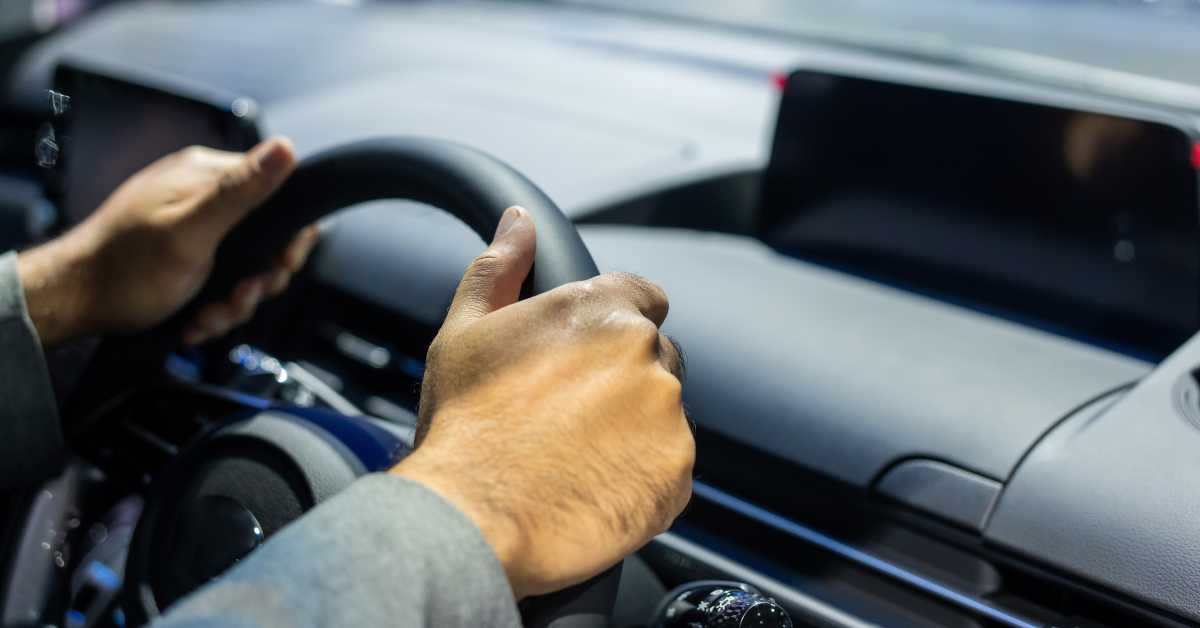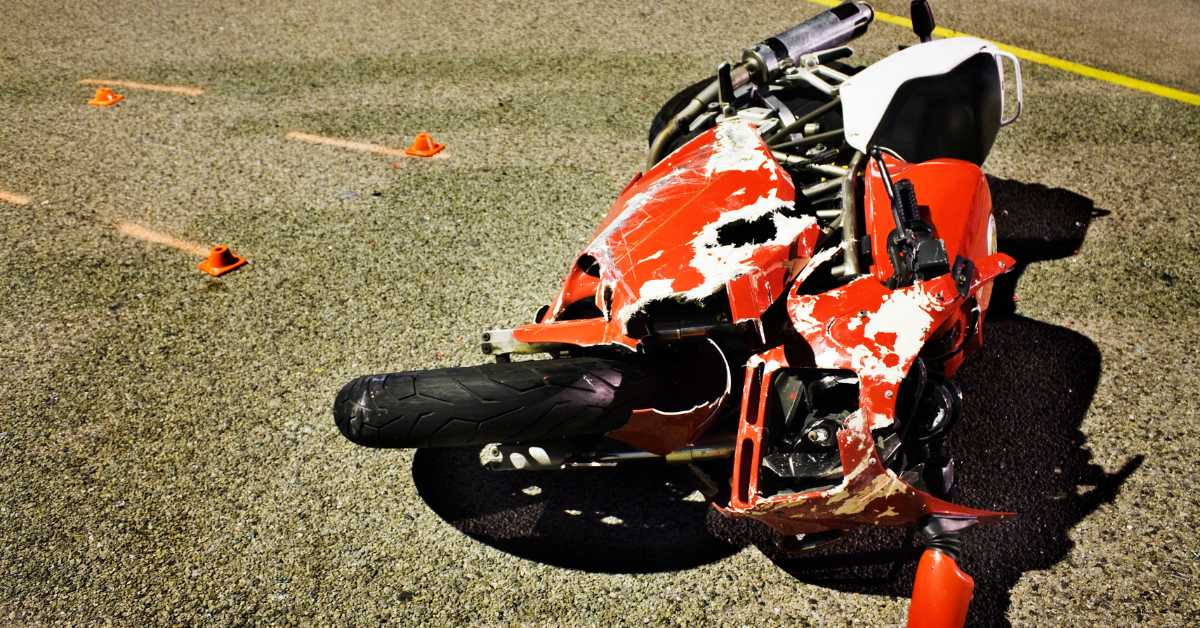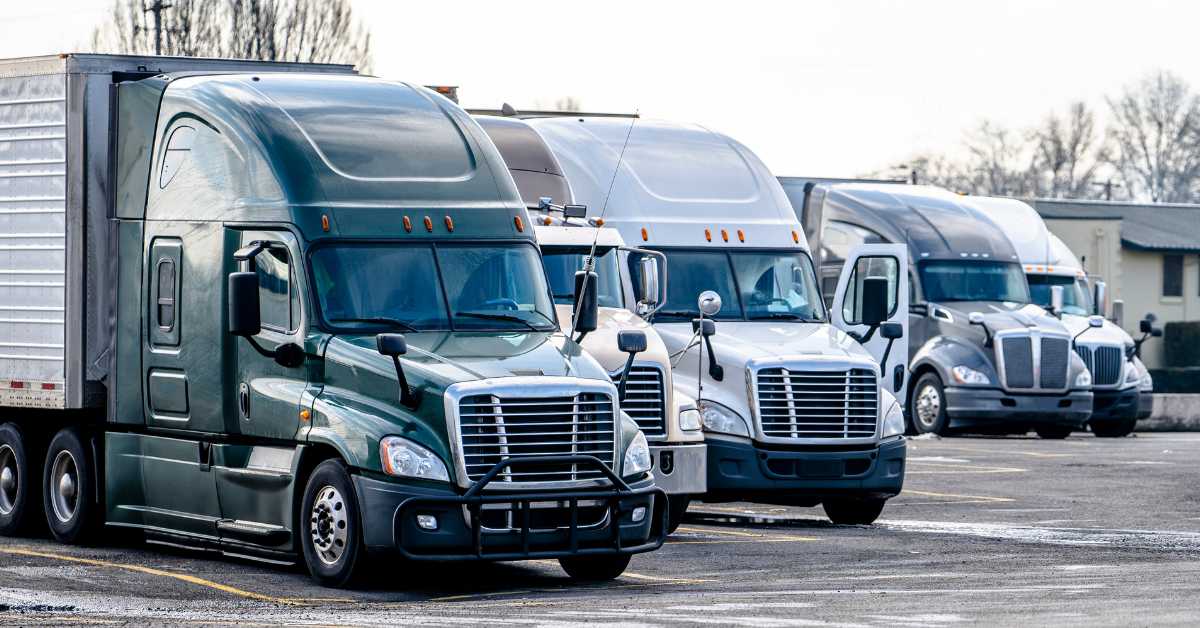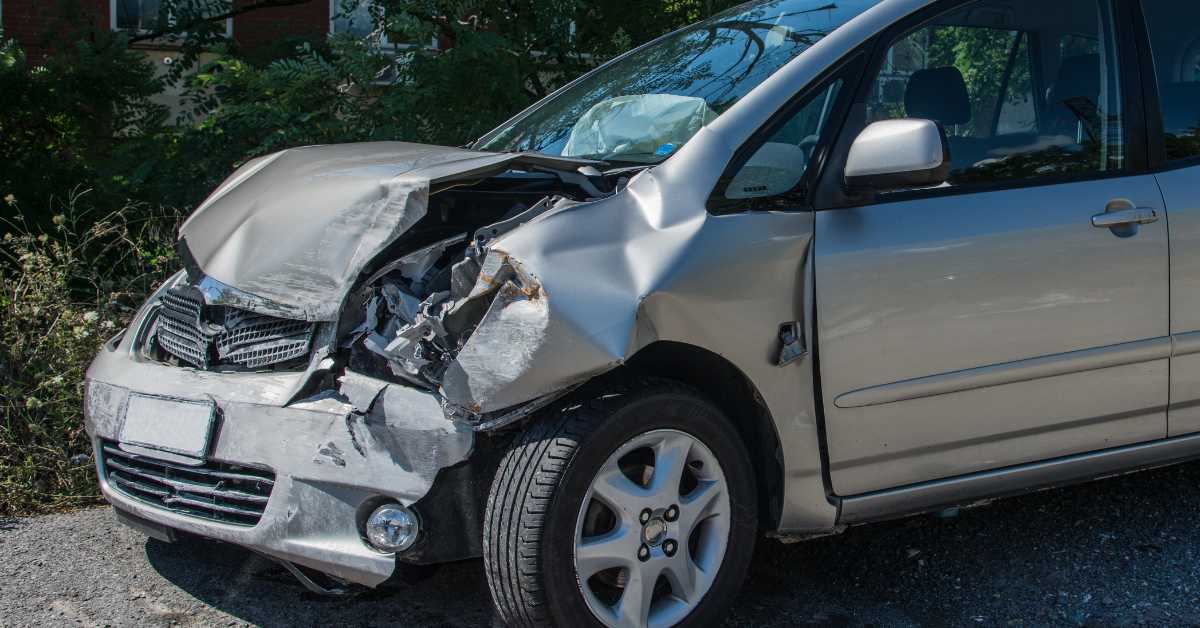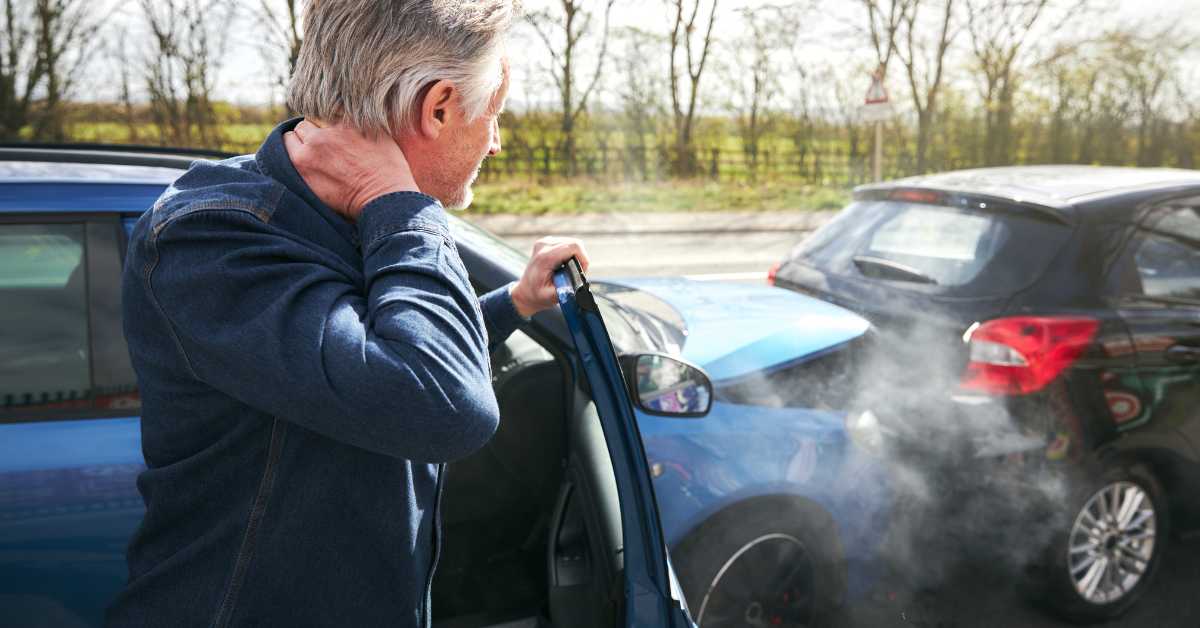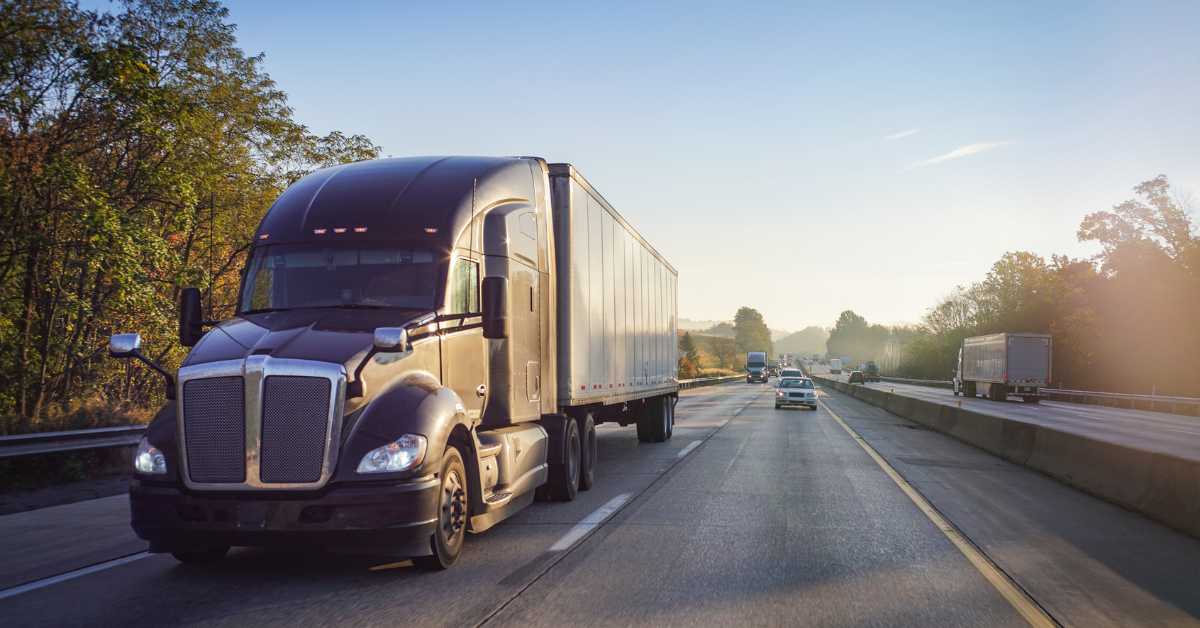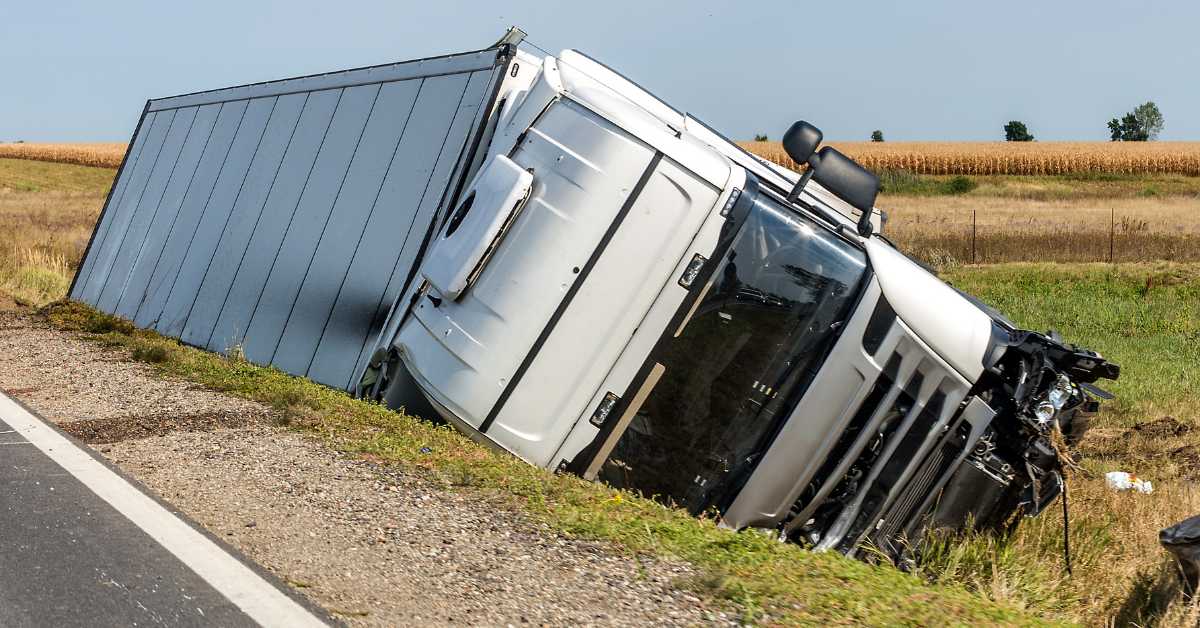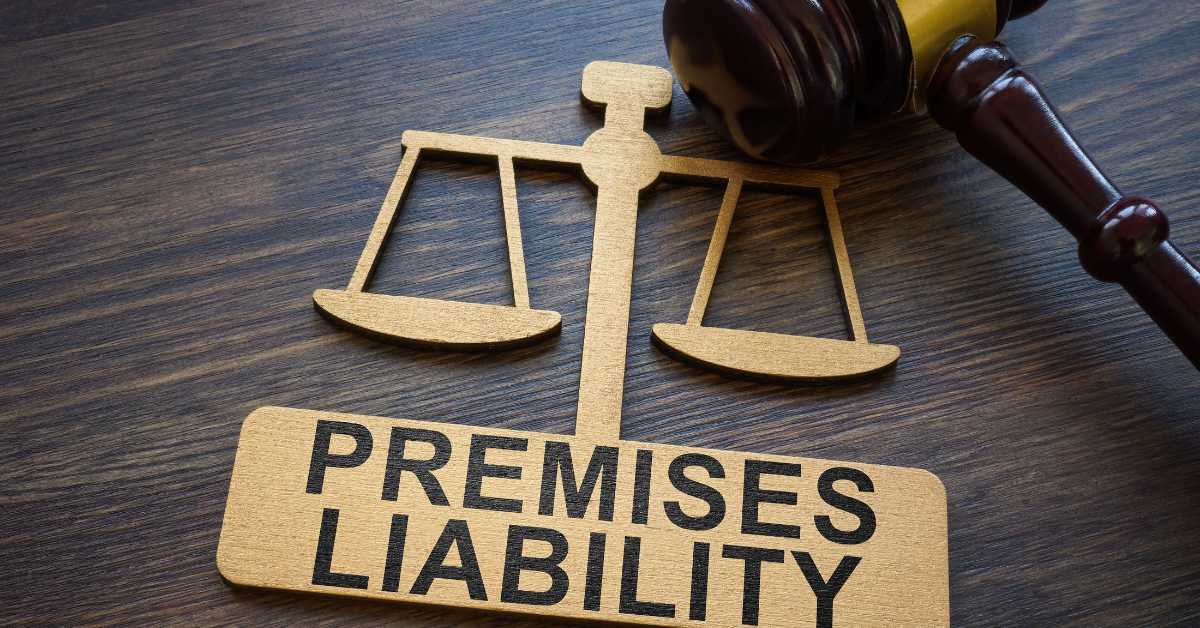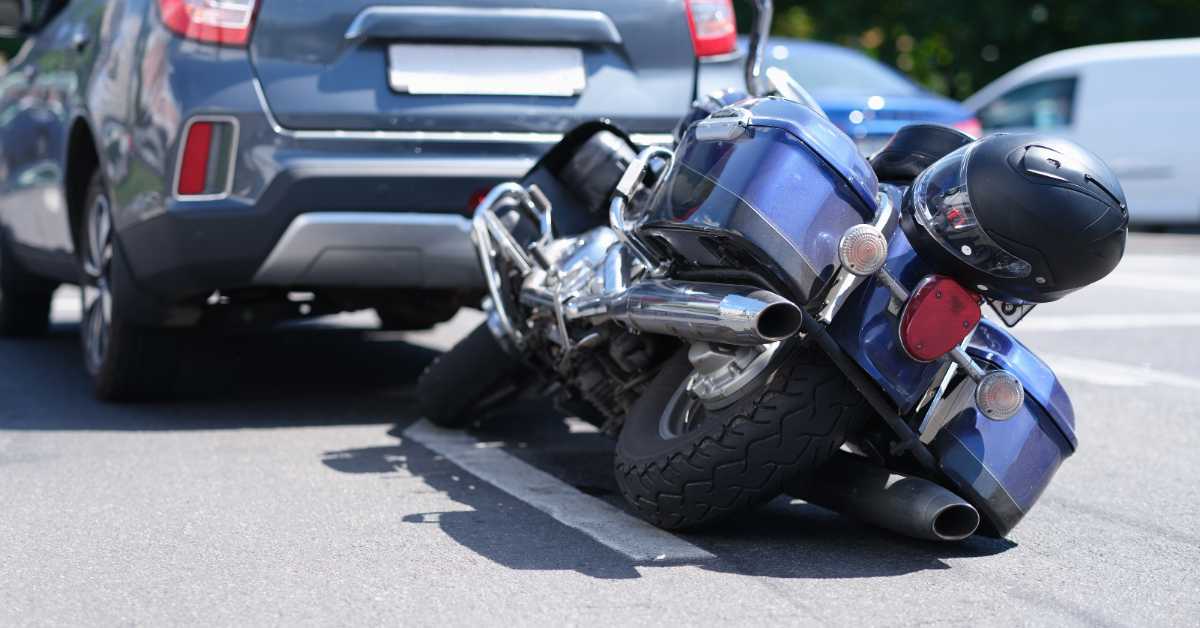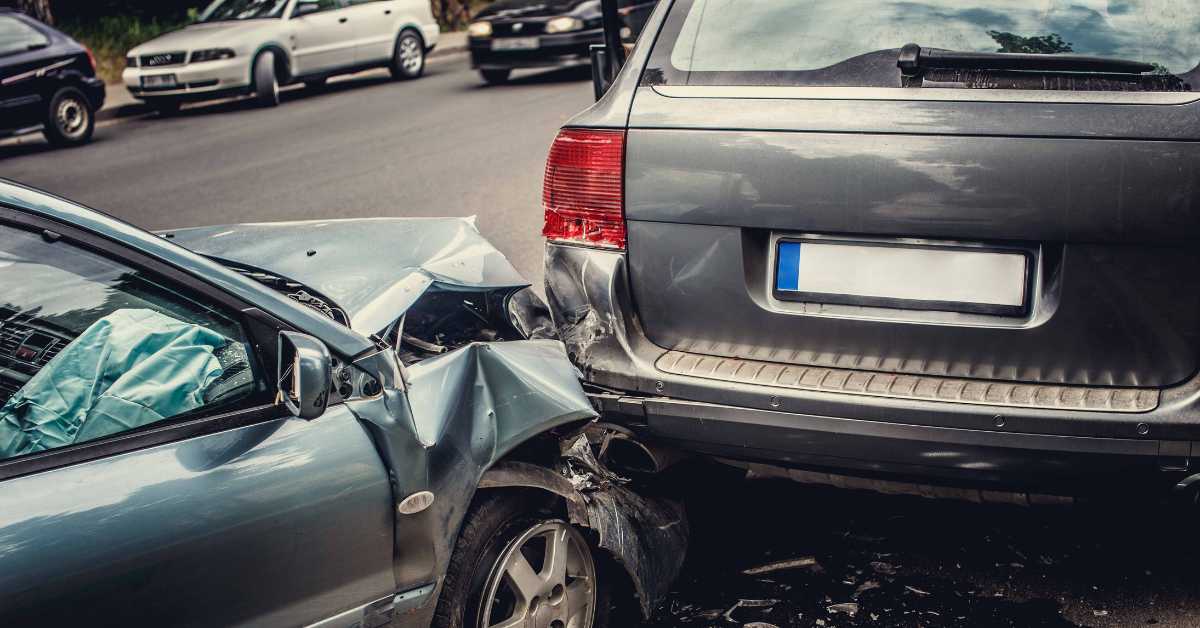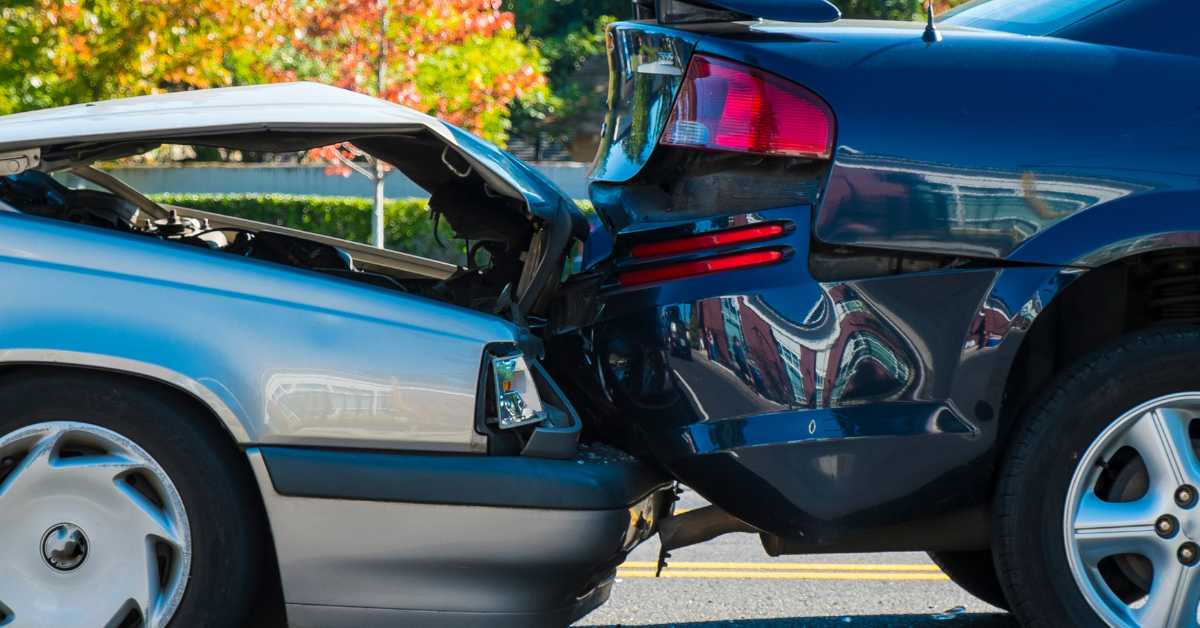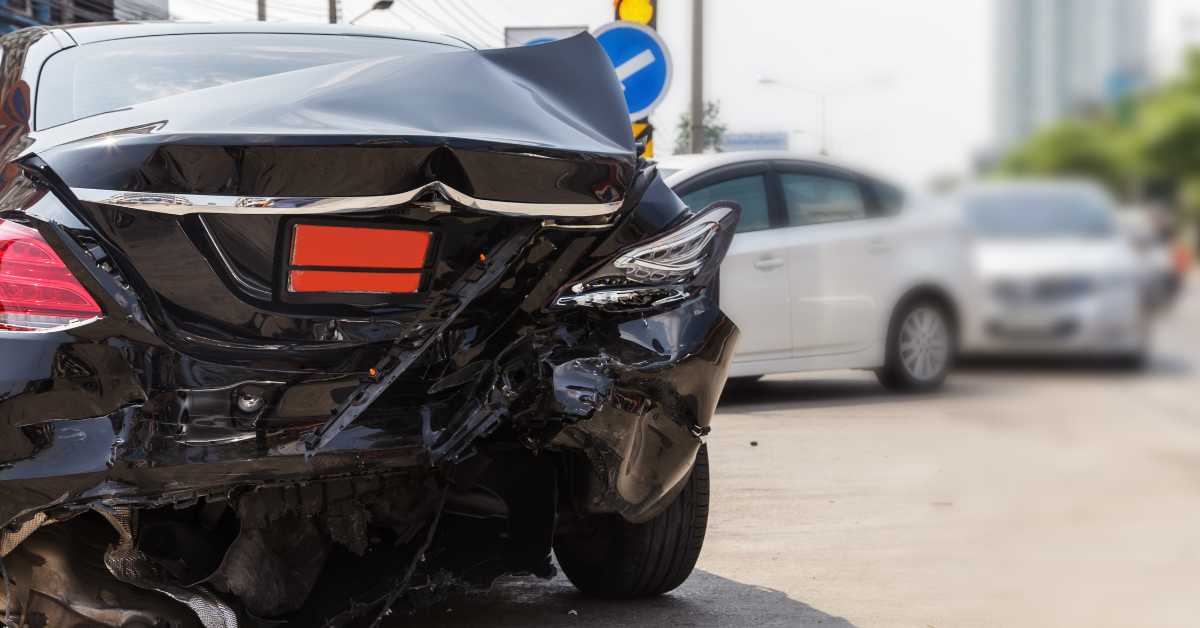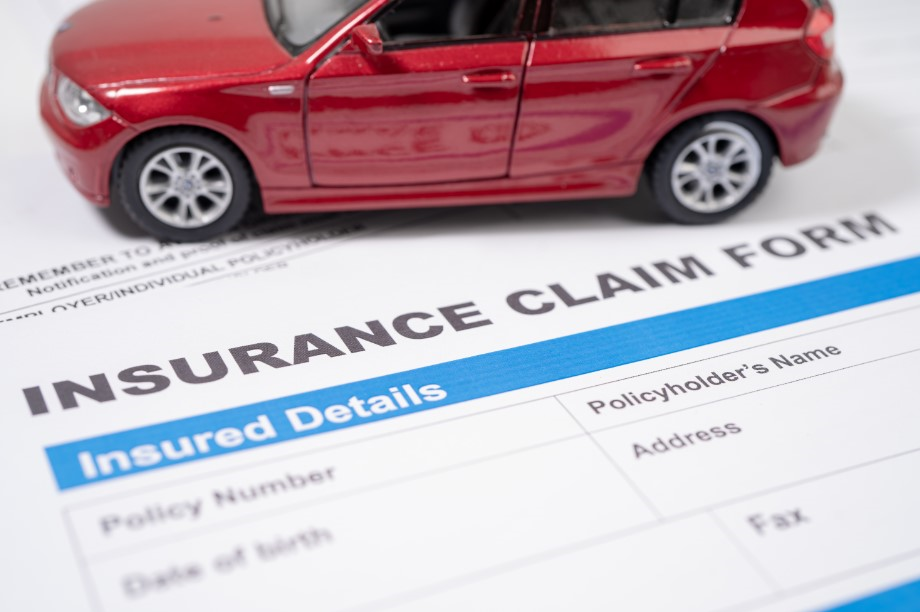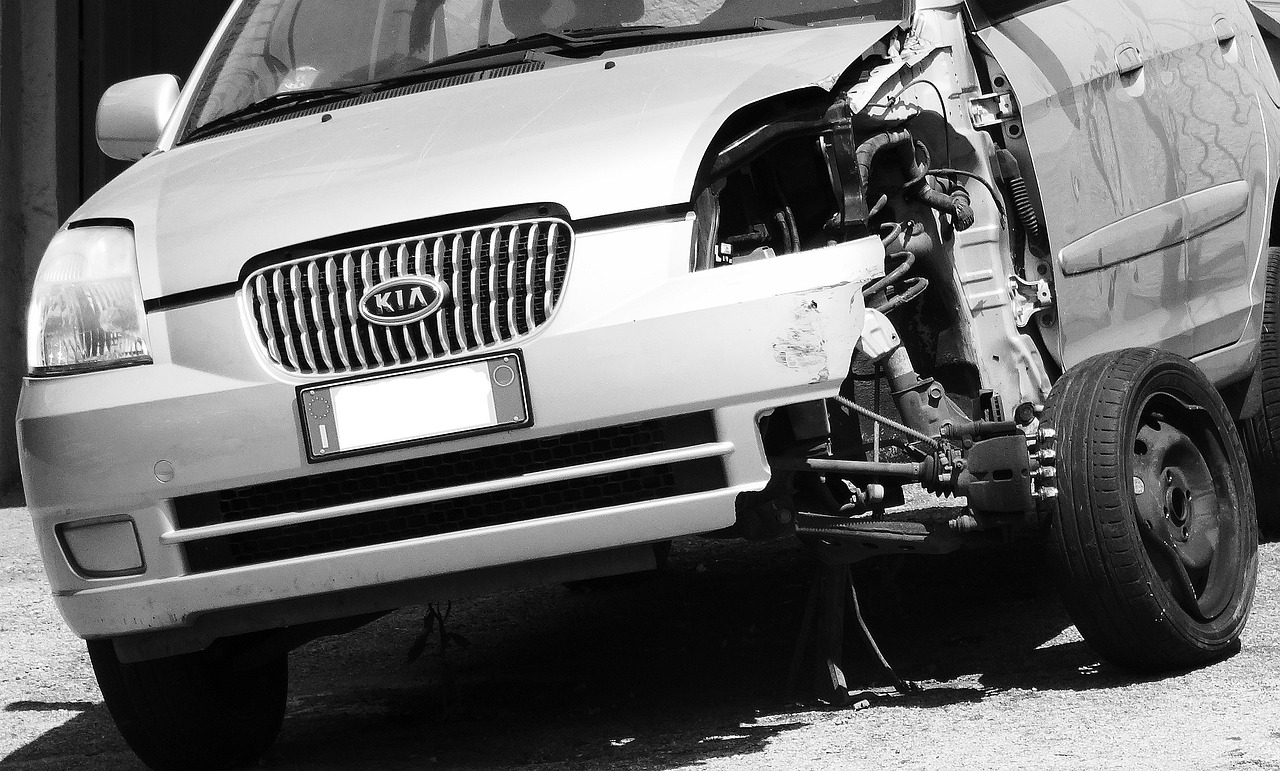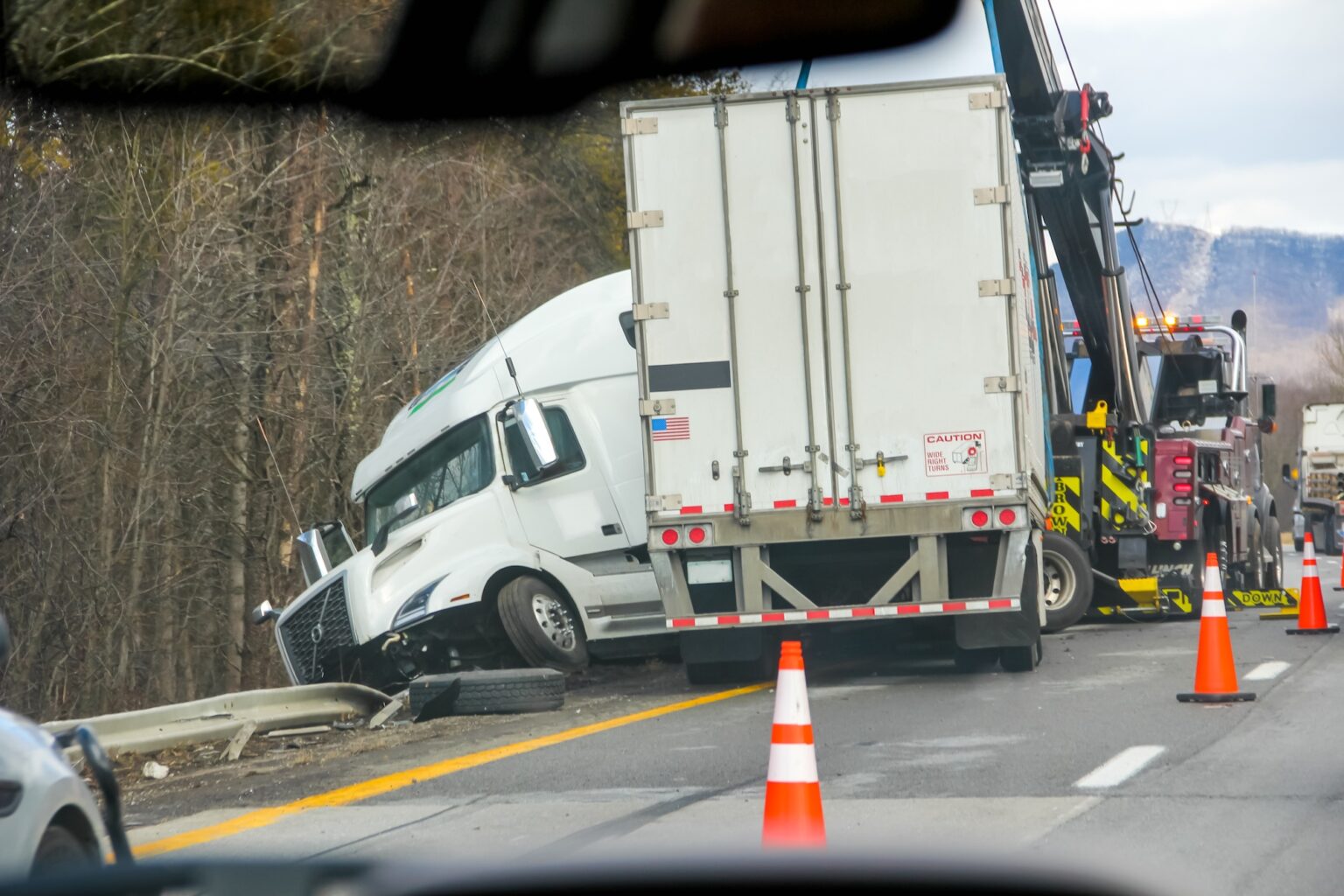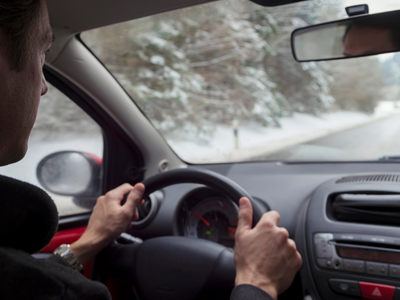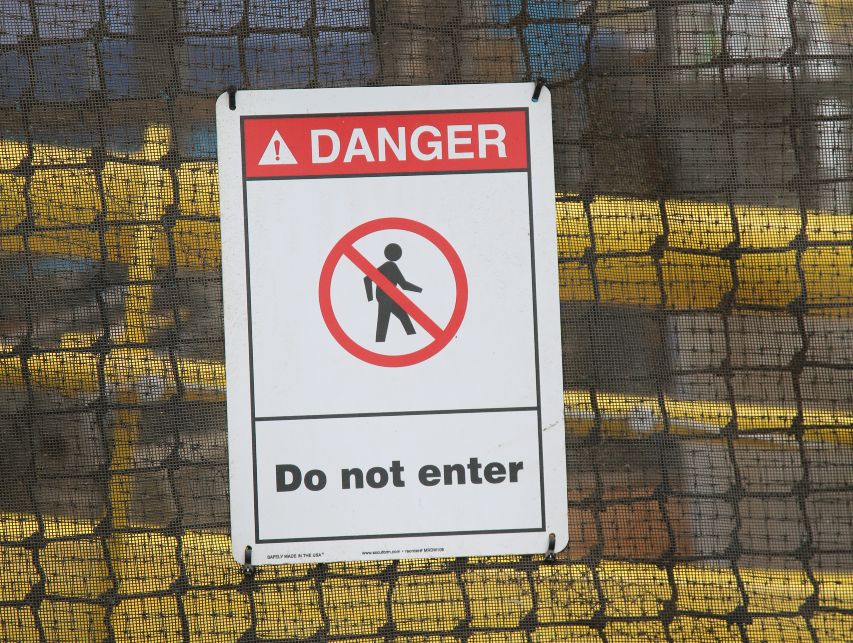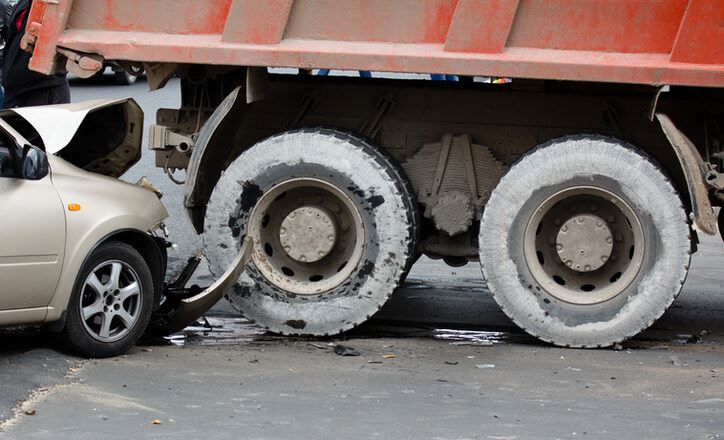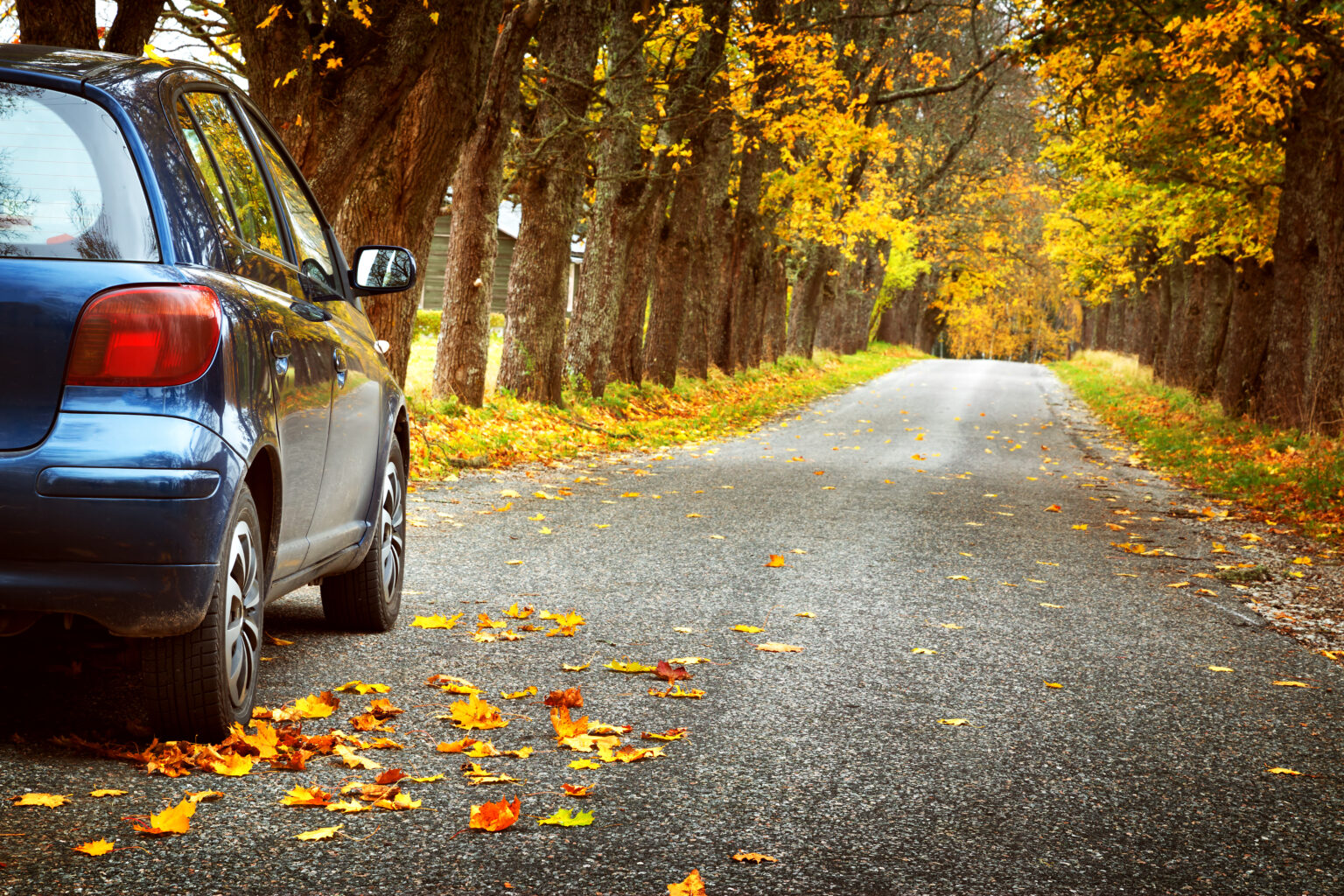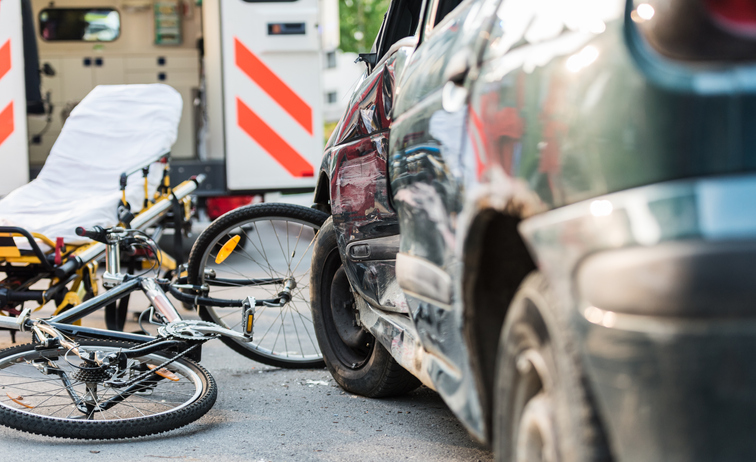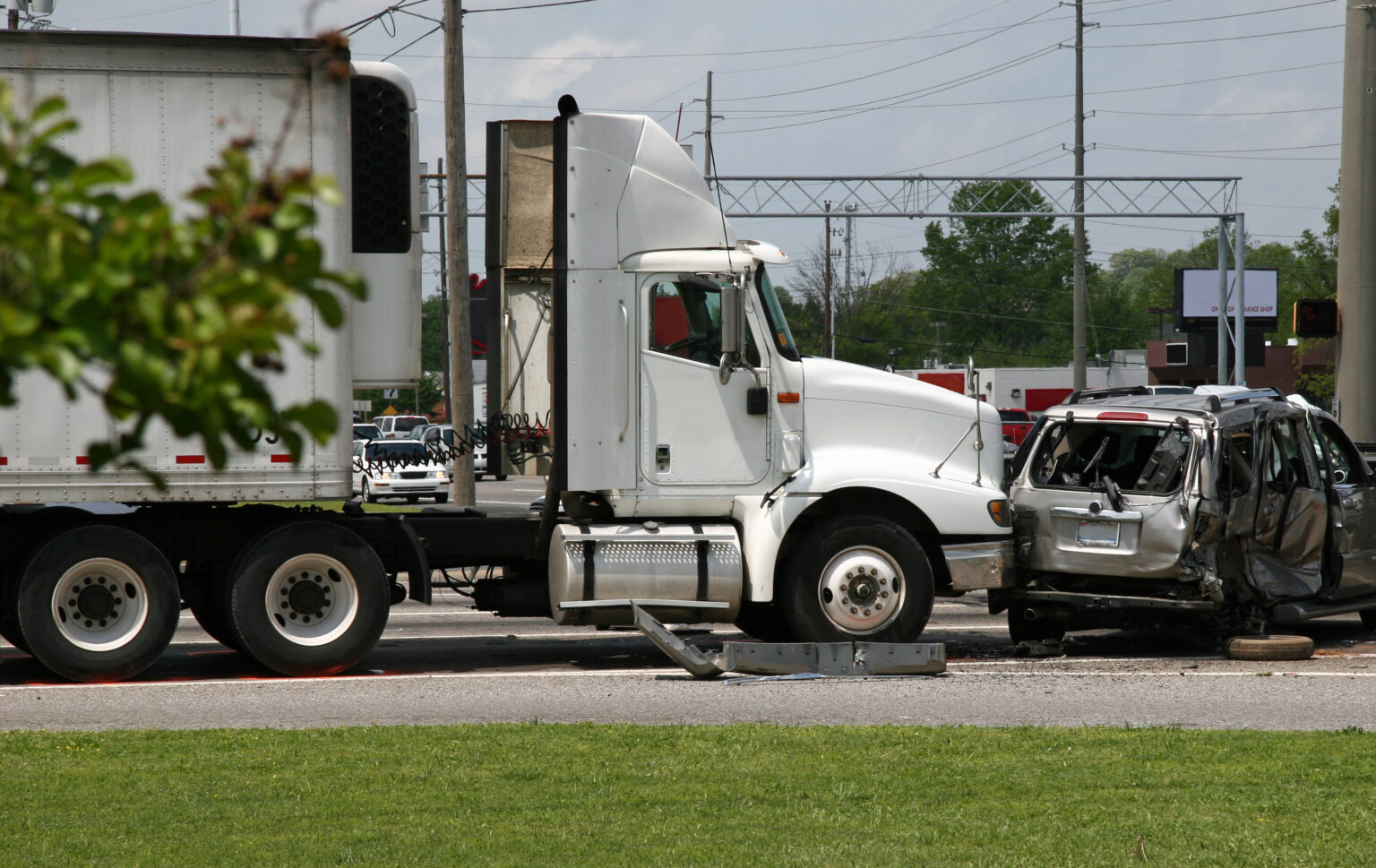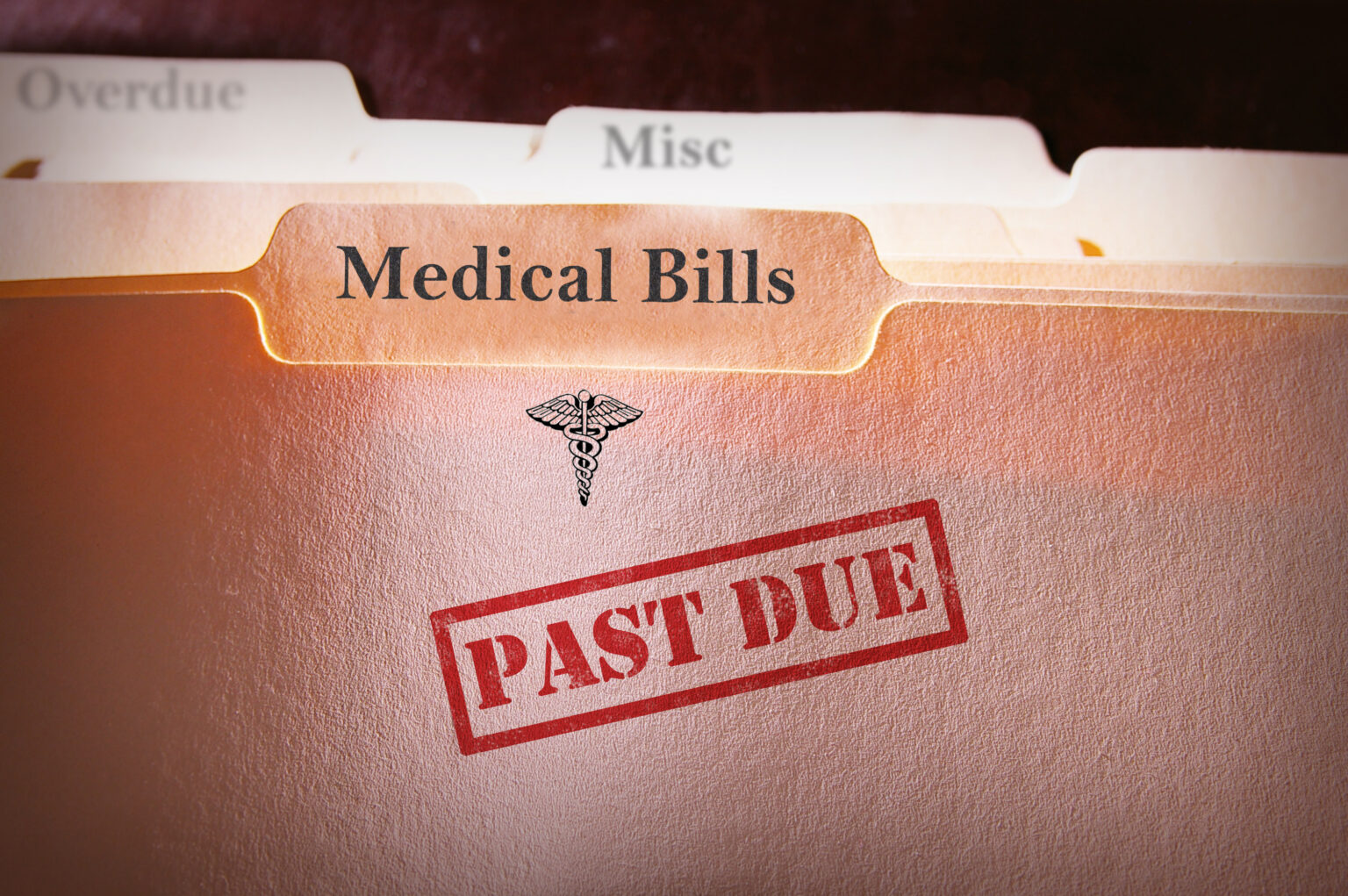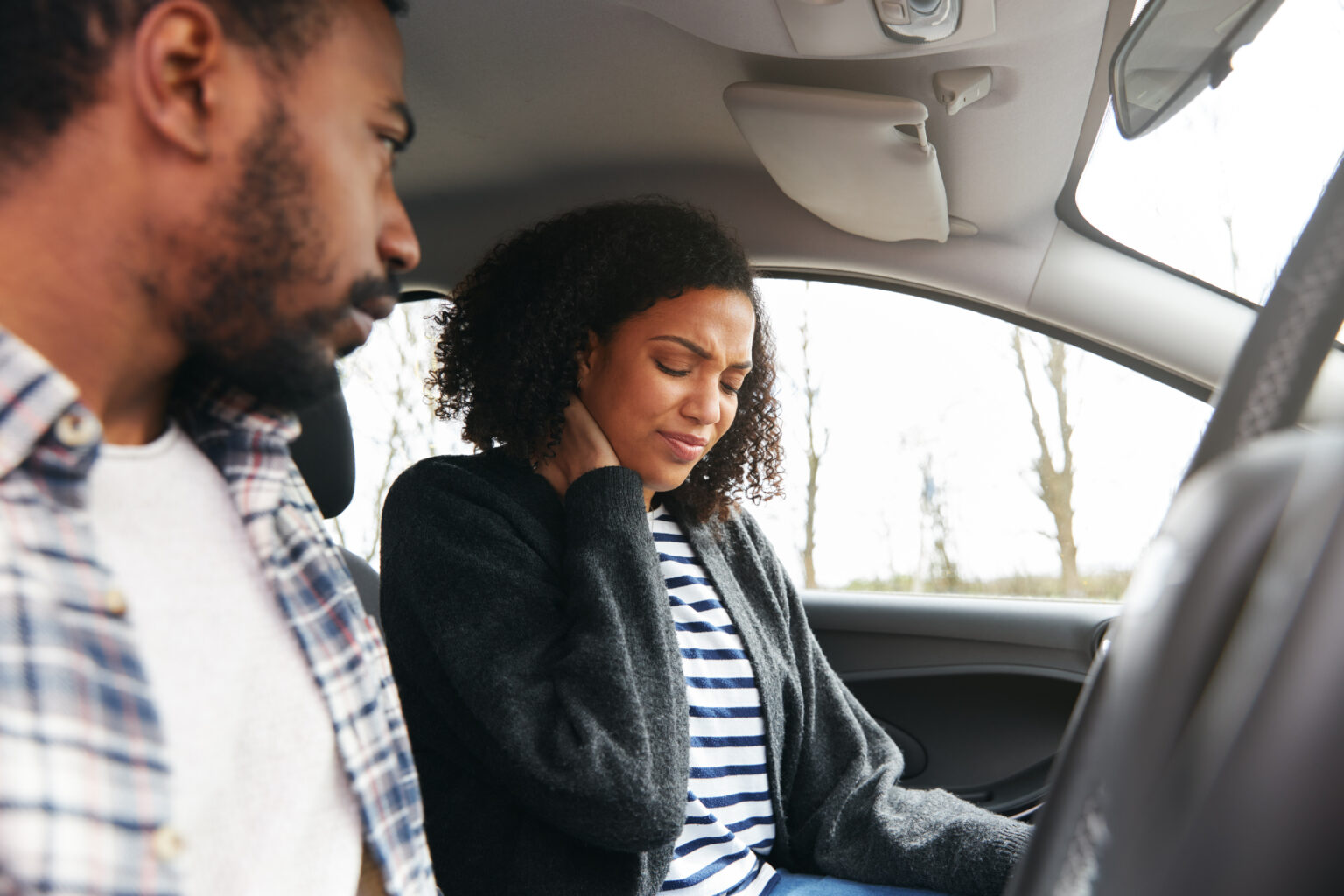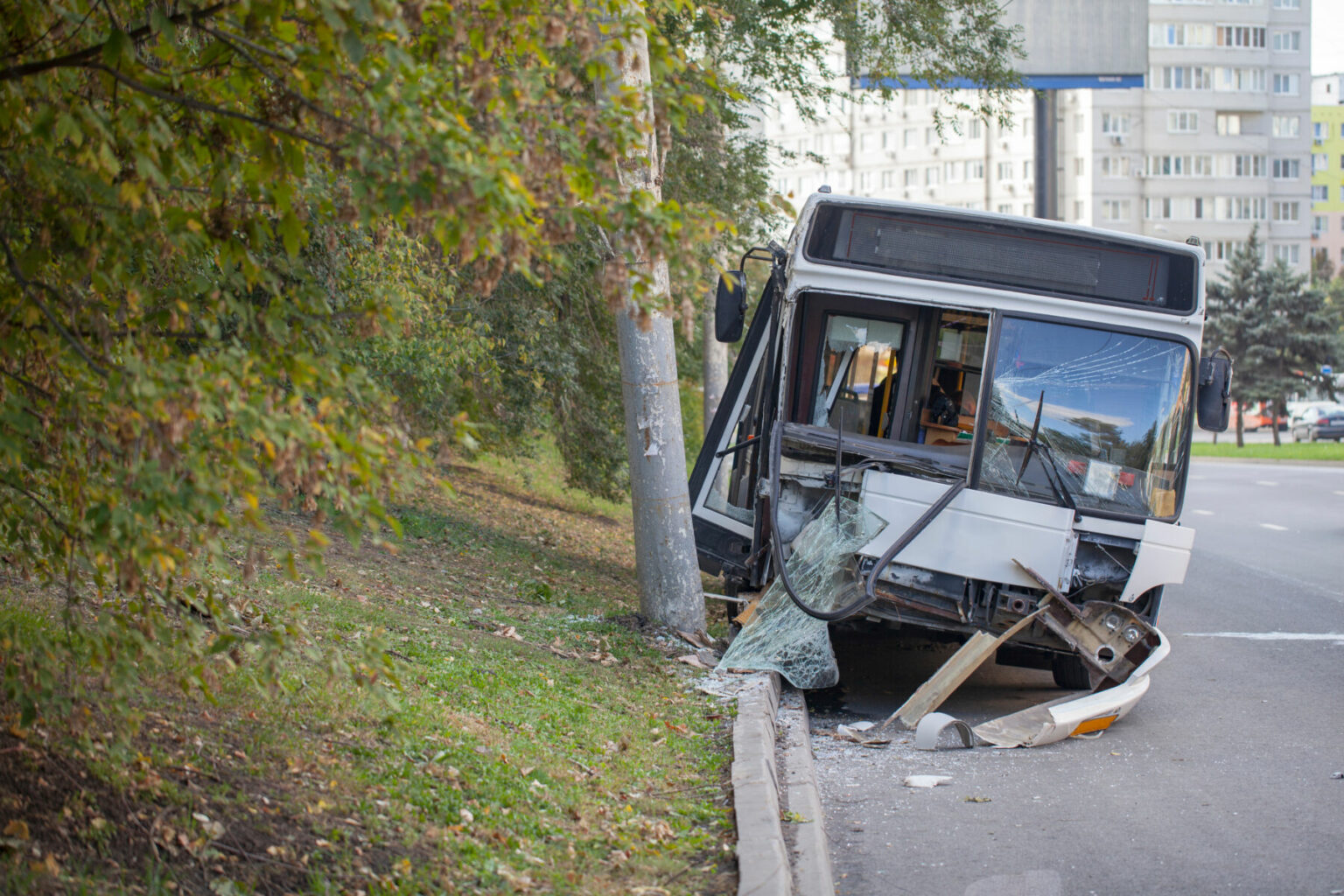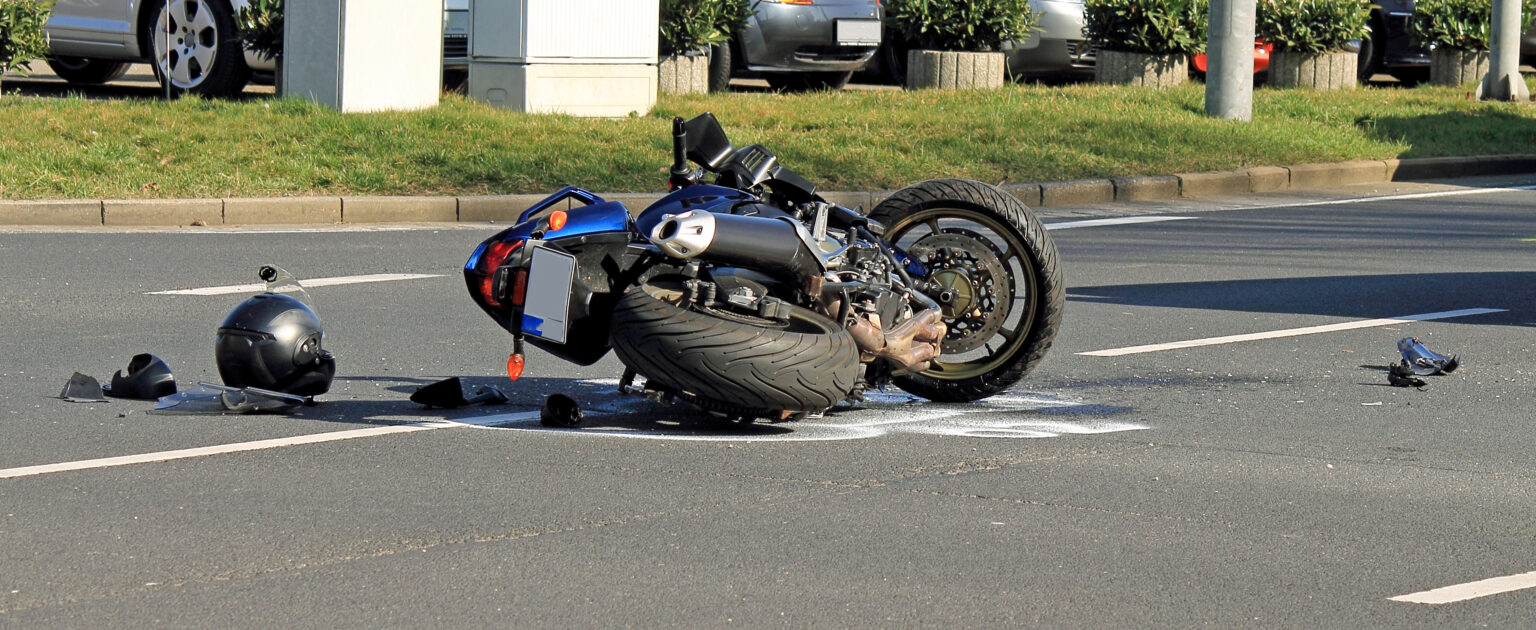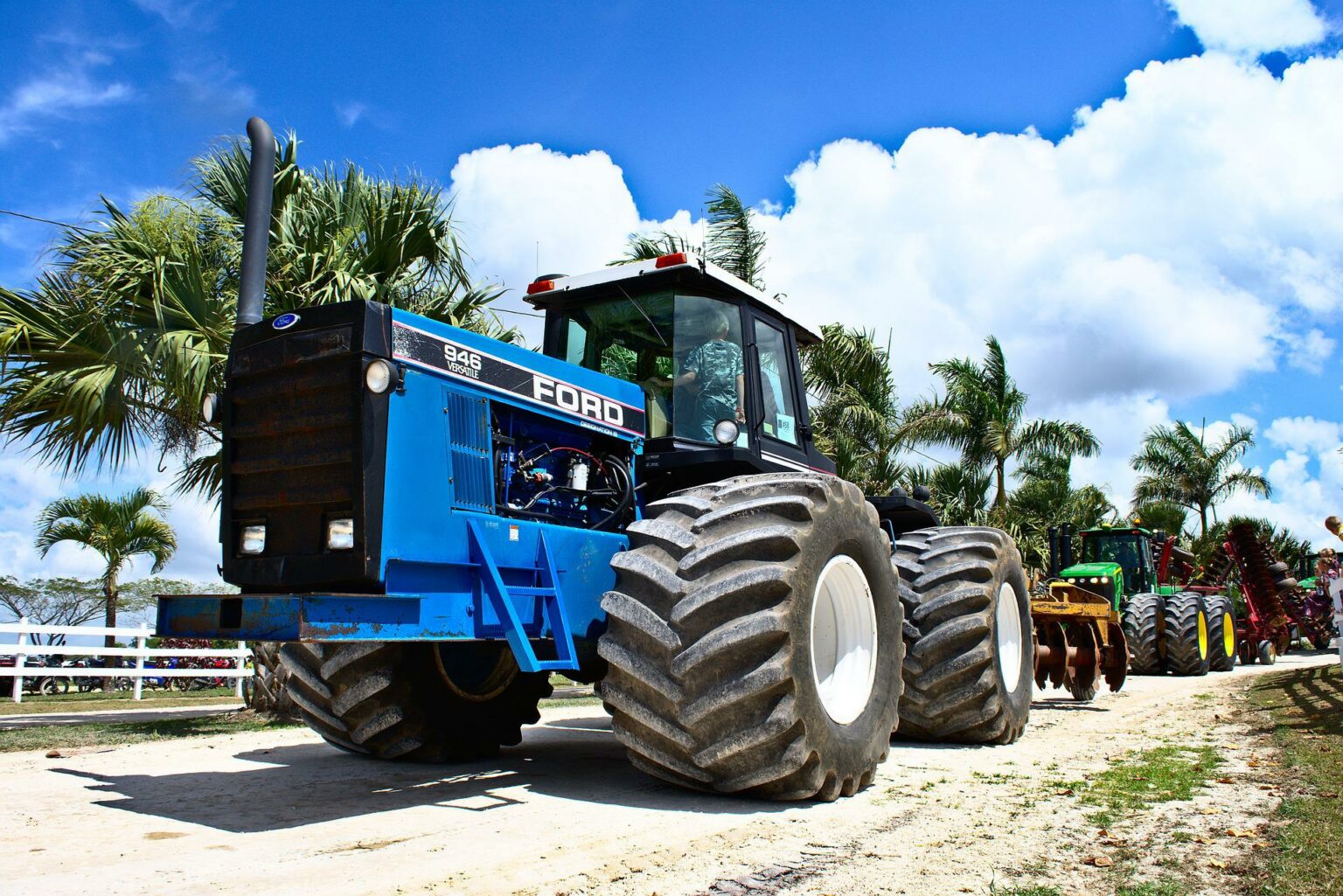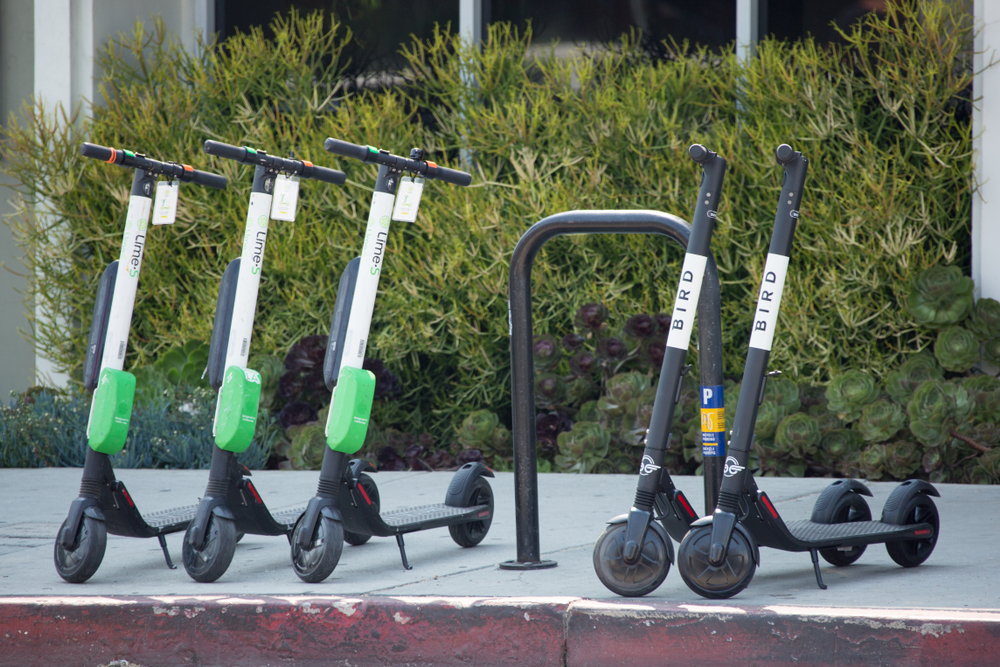7 Tips for Driving in Rainy Weather

Car and truck accidents become significantly more common during periods of inclement weather. In fact, according to the National Safety Council, each year, 75% of weather-related vehicle crashes occur on wet pavement and 47% happen during rainfall.
In the Midwest, driving conditions can change suddenly, requiring extra caution on the road. Tabor Law Firm focuses our vehicle accident practice on obtaining compensation for injured motorists, passengers, and pedestrians. Mindful of the importance of accident avoidance, we offer these reminders to help you prepare for the weather ahead and stay safe on the road.
- Regularly check your wipers. Windshield wiper blades should be replaced at least once a year to make sure they stay in good condition. If your wipers are not effectively cleaning your windshield or leaving streaks behind them, it’s time to get replacements.
- Check your tires. Tires should be in good condition, having an appropriate amount of tread and no bald spots. They should also have the proper amount of air pressure. Bald tires may feel fine on dry roads but they become unsafe in heavy rain or snow.
- Use your headlights. When it begins to rain, visibility can quickly start to suffer on the road. Make sure you have your headlights on so that other people on the road can more easily see you.
- Watch your speed. Refrain from speeding when it’s raining.
- Ventilate your car. Rain can cause humidity levels to increase. You may find that your vehicle’s windows become foggy while it is raining. Most cars include a defrost function that will work to reduce this type of fog that develops on the interior of your windows and windshield. It may be necessary to pull over and wipe down your windows if you are no longer able to see through your windows.
- Watch for standing water. Driving through standing water can cause hydroplaning to occur. Which is when you lose traction and skid across the surface of the road. To avoid hydroplaning, drive around places where water has collected by changing lanes or safely steering around such areas.
- Leave plenty of space in front of you. When driving on the freeway, leave more space between you and the other cars, since stopping distance time is, on average, twice as long in the rain.
These are just a few of the facts to keep in mind as the weather becomes more severe in Indiana. At Tabor Law Firm, our truck and car accident attorneys focus on understanding the causes and effects of accidents to help our clients recover the full compensation they need. If you have been in a car accident in Indiana or suffered a loss due to one, call (317) 236-9000 to speak with an attorney from the Tabor Law Firm for more information about your legal options.
Categories:
Related Blog

How Can Birth Injuries Be Prevented and What Are My Rights If My Child Is Injured?

Roy T. Tabor of Tabor Law Firm Recognized in The Best Lawyers in America 2025 Edition

Pedestrian Safety in Downtown Indianapolis Has Become a Hot Topic. What Can You Do to Protect Yourself?

Bicycle Accidents are on the Rise in Indiana. What Can You Do to Prevent a Bicycle Accident?

Understanding the Causes of Motorcycle Accidents in Indianapolis: An Analysis of Recent Data
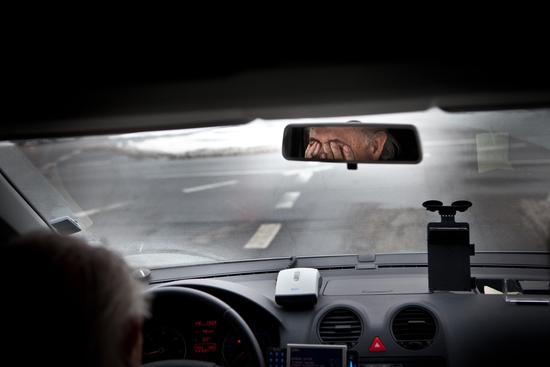
Indianapolis Drunk Driving Accidents and How to Handle them with a Personal Injury Attorney

Two Mothers & Two 12-year-old Daughters Killed in Crash While Headed to Volleyball Tournament










